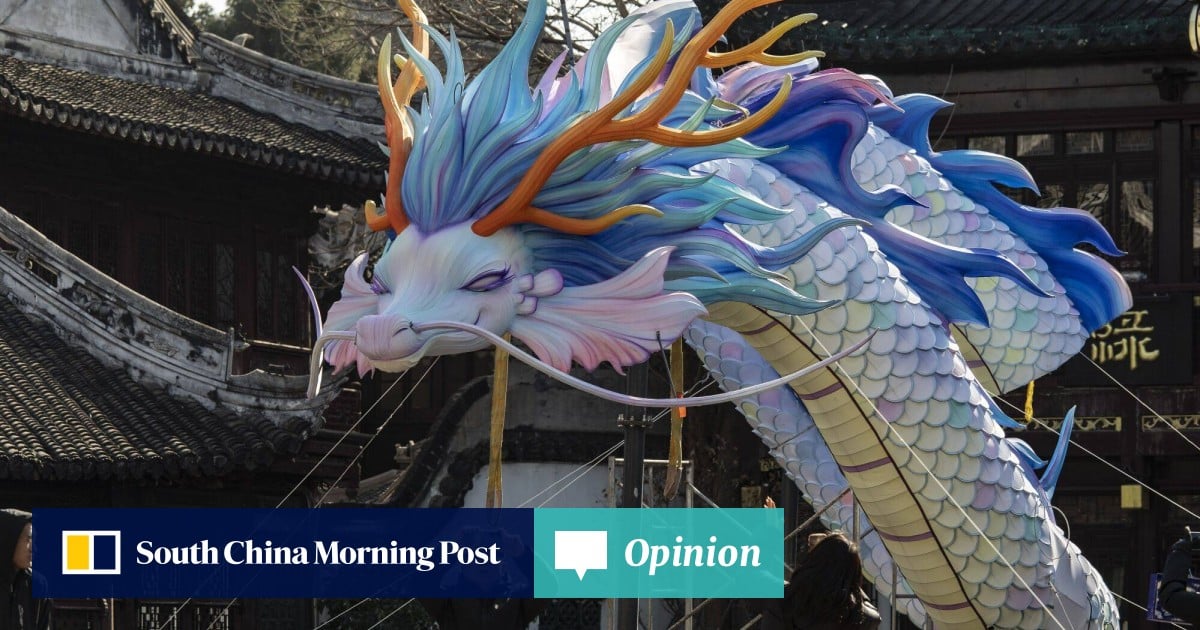
04 Jan Opinion | Why investors in emerging markets can’t easily abandon China
Yet, it is the performance of emerging-market equities that is more striking. The MSCI Emerging Markets ex China Index, which monitors stocks in developing economies other than China, surged 17 per cent last year despite mounting concerns about China’s economy.
What is more, the assets held by the largest exchange traded fund (ETF) tracking the emerging market ex-China index surpassed those held by the biggest China-focused ETF for the first time, having risen sharply in the final quarter of 2023. Three years ago, the China ETF was more than 50 times bigger than its emerging market ex-China counterpart, according to Bloomberg data.
This raises the question of whether the balance of power in the stock markets of developing economies is tilting from China to other emerging markets, especially within Asia. As a growing number of emerging-market investors carve China out of their portfolios, is it only a matter of time before “ex-China” becomes the dominant investment strategy in the developing world?
Not so fast. First, the rising popularity of the emerging market ex-China theme stems mostly from mounting pressure on investors to manage and mitigate their China risk. While the emerging market ex-China index offers scope for diversification, reducing China’s influence is easier said than done.
Emerging market successes show global economy not just doom and gloom
Emerging market successes show global economy not just doom and gloom
Second, no other equity market in the developing world has the breadth and depth of China. Even after its steep decline, the combined market capitalisation of the Shanghai and Shenzhen bourses was US$9.6 trillion as of late 2023, the second-largest in the world and more than double that of India.

Furthermore, the emerging market ex-China index is more sensitive to global financial and economic conditions, particularly volatility in US monetary policy. Investors seeking ways to hedge against threats in China by betting on other emerging markets are exchanging one set of risks for another.
Even though developing nations proved more resilient to the US Federal Reserve’s aggressive tightening campaign than expected, emerging-market bond funds suffered the second-largest outflows last year since records began, according to JPMorgan data.
Third, as the emerging market ex-China strategy becomes more popular, valuations are becoming more expensive. In a report published in November last year, Goldman Sachs said “valuations no longer look as compelling”. It also said one of the conditions for a broad-based rally in emerging markets was a stronger recovery in China.
It is not surprising emerging-market investors are seeking alternatives to China. However, fund managers cannot easily abandon the world’s second-largest economy, mainly because of the influence it wields over emerging markets, especially in Asia. The “ex-China” trade, moreover, presents its own risks and is not as cheap as it used to be.
Nicholas Spiro is a partner at Lauressa Advisory
